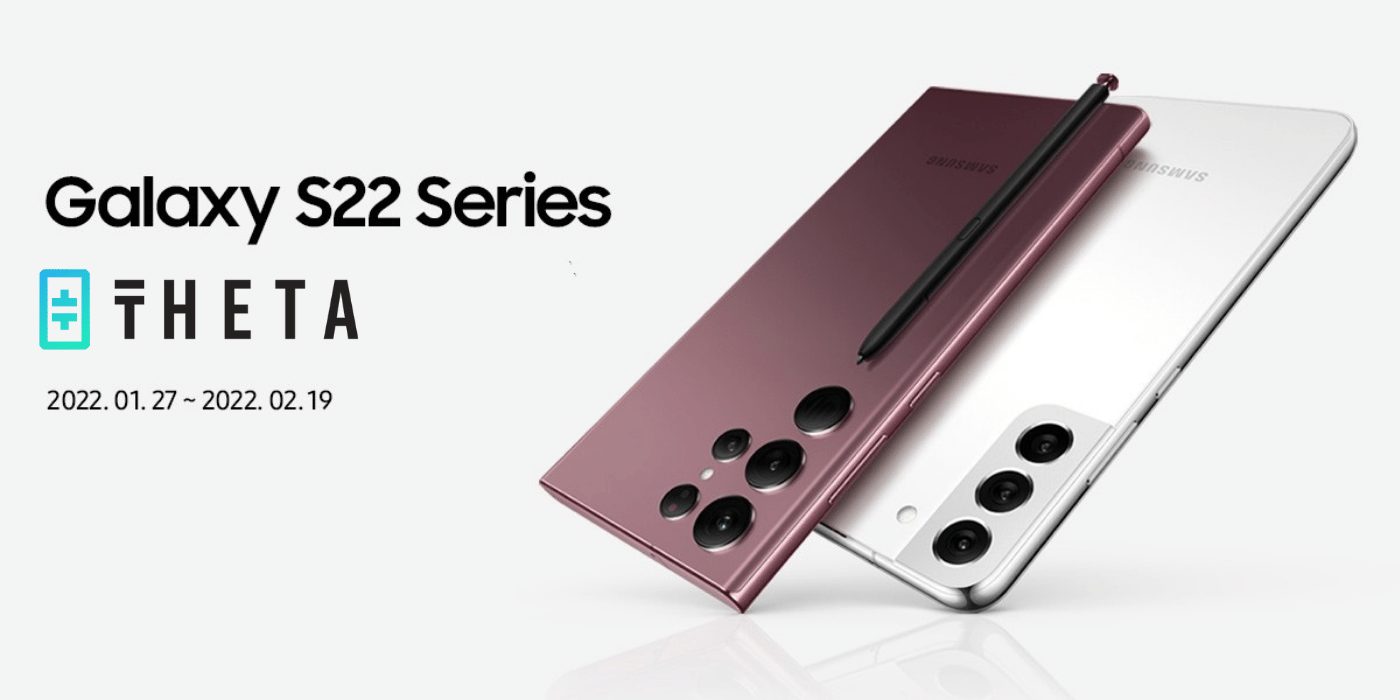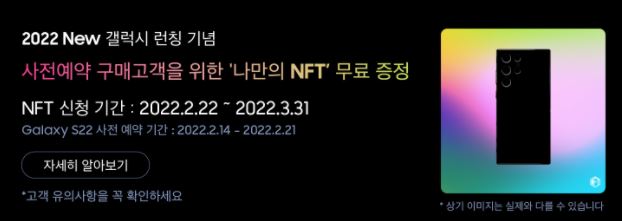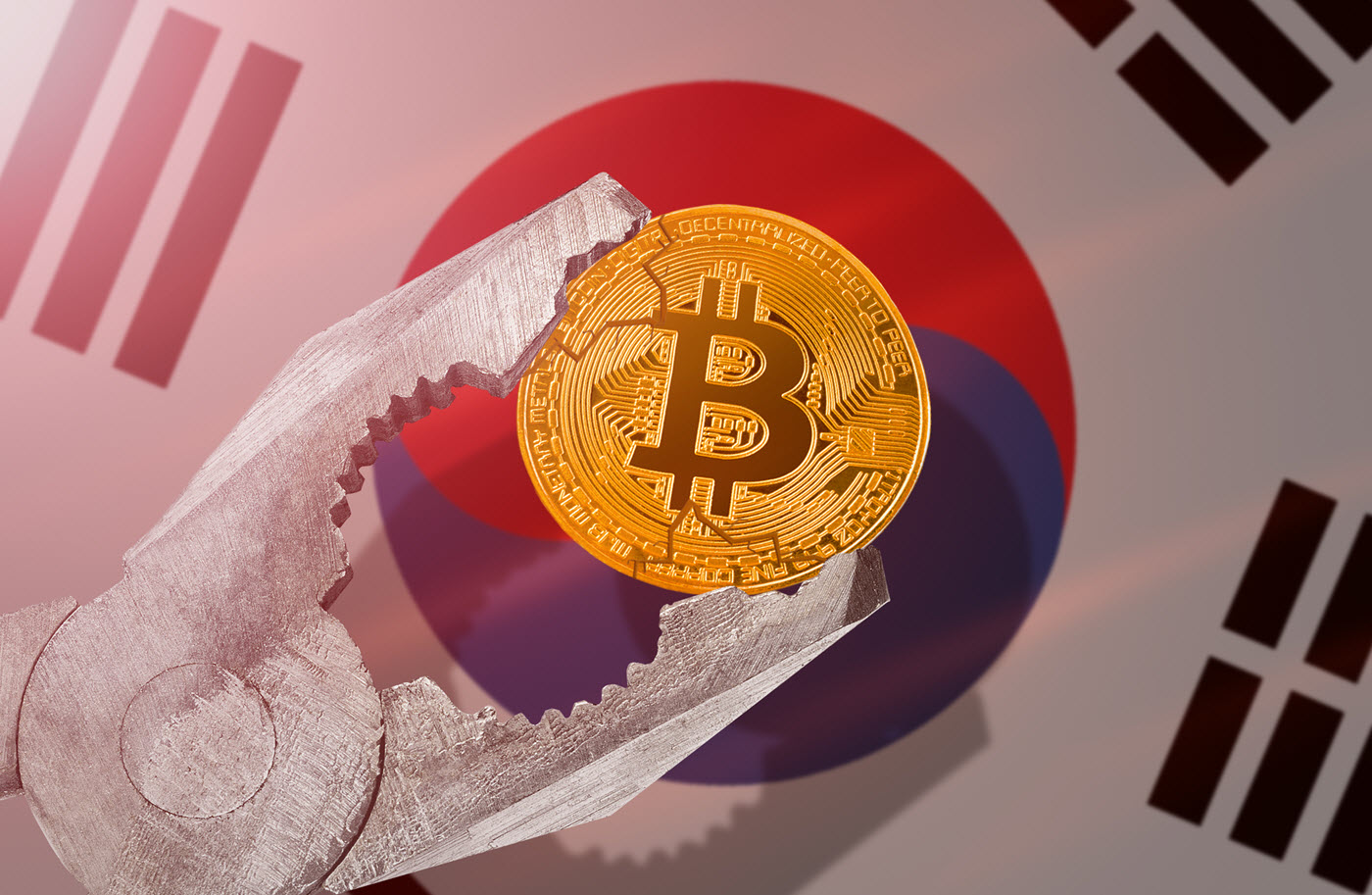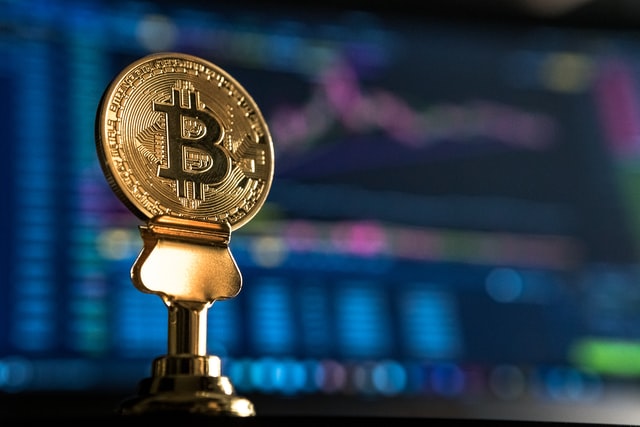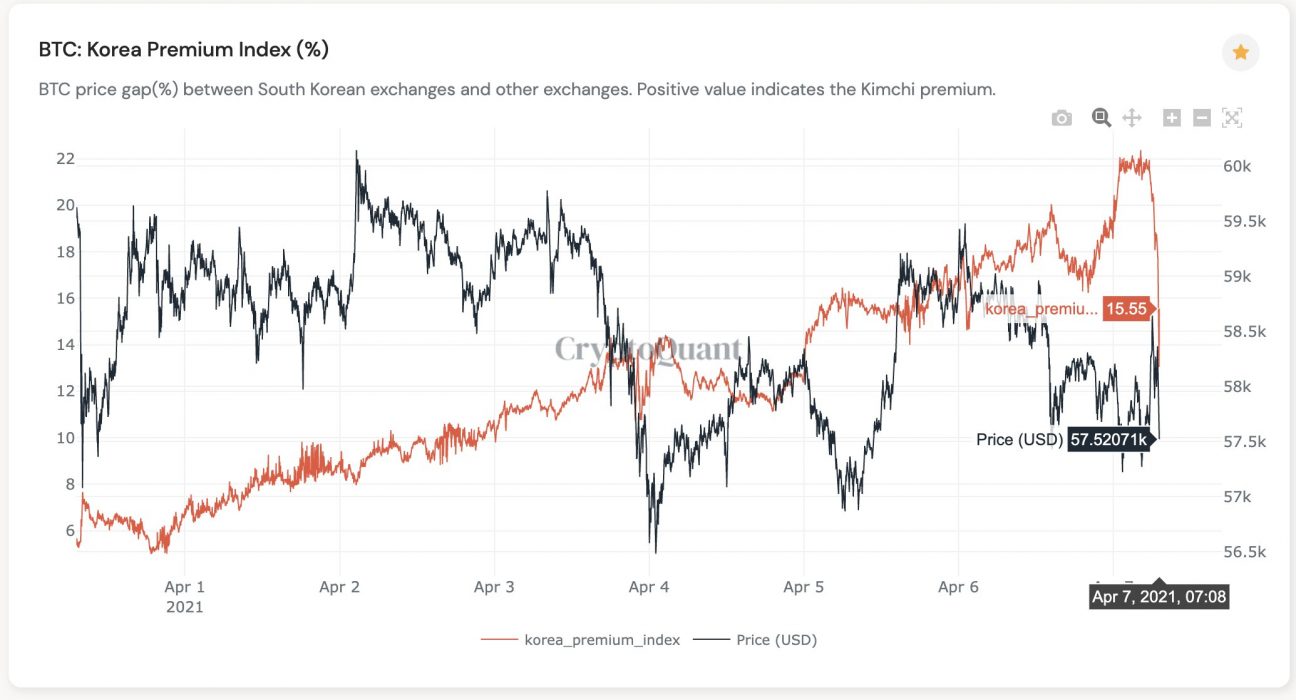Former employees of Terraform Labs have been reportedly prohibited from exiting South Korea as investigations into the company continue following last month’s Terra USD collapse.
Developers and other former staff have been unable to leave the country as prosecutors have imposed a departure ban on key personnel involved in the project:
Former Employees Knew Nothing of Travel Embargo
On June 20, the newly reconstituted Financial and Securities Crimes Joint Investigation Team announced a travel embargo had been put in place to prevent “persons of interest” in the case from leaving the country. The move could also be seen as preparation for additional investigative activities such as search and seizures, as well as subpoenas to be served on other prospective defendants.
One of Terra’s former developers, Daniel Hong, confirmed via Twitter that Terraform Labs employees had received an exit ban from the South Korean government. According to Hong’s tweet, none of the employees was notified to avoid any possibility of destruction of evidence as the investigation continues.
The move comes only weeks after South Korean authorities targeted Terraform Labs staff for questioning and moved to freeze the foundation’s assets.
Hong shared his dismay at the ban, stating that it shows employees are being treated as criminals, which he described as “unacceptable”.



